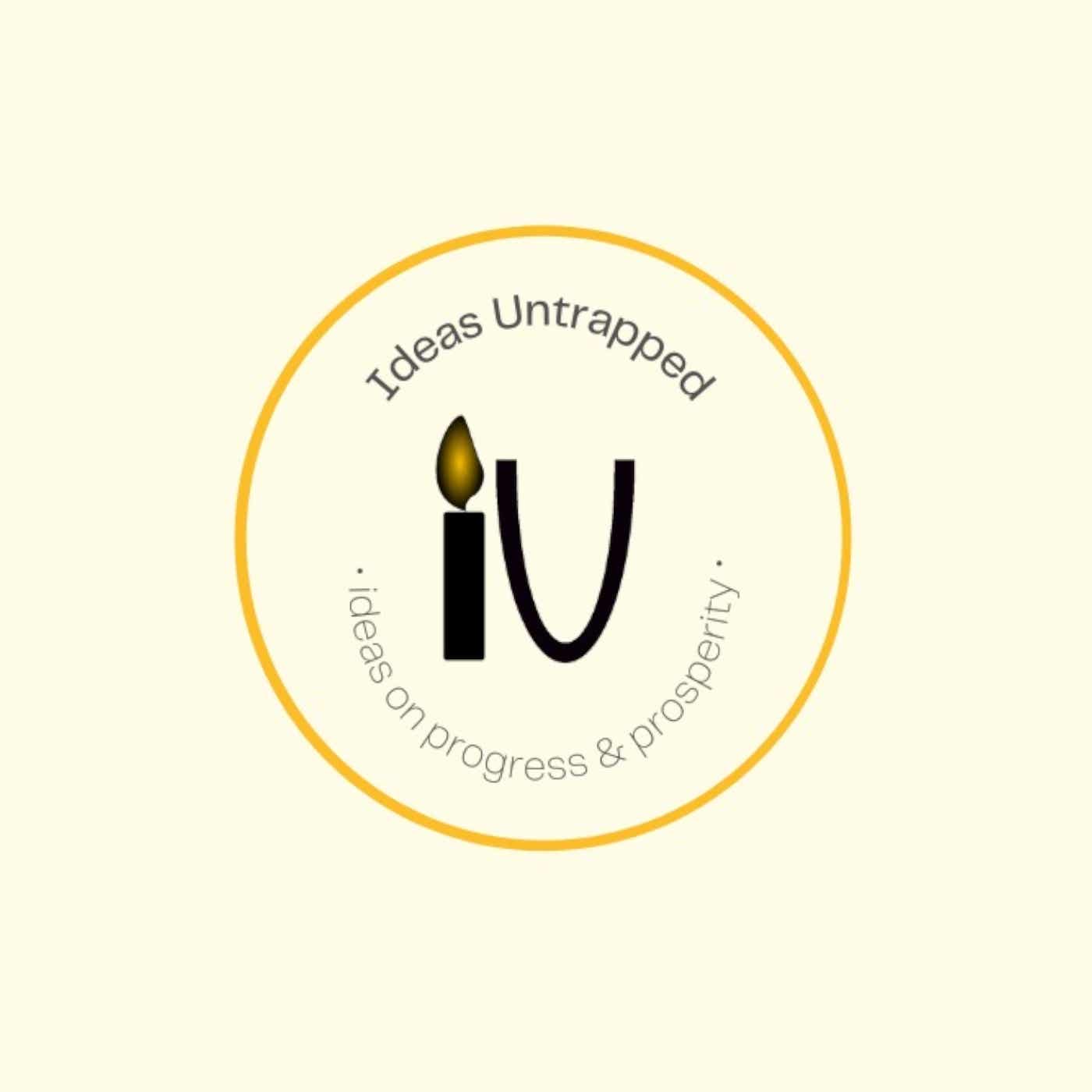History and the Future of Prosperity
Description
In this episode, I had a conversation with economic historian Johan Fourie, who is a professor of economics at Stellenbosch University, and the author of one of the most enjoyable books on economic history called Our Long Walk to Economic Freedom. We spoke about the resurgence of economic history, particularly in Africa. Johan attributes this revival to multiple factors, including an interest in understanding past economic patterns, technological advancements enabling data analysis, and scholarly work drawing global attention to the field. We discuss Africa's economic development, noting the continent's reliance on primary goods and the impacts of political and economic policies on growth. Johan stresses the heterogeneity within Africa and warns against generalizing the continent's economic narrative.
The discussion then delves into the role of ideas in shaping economies, with a focus on industrial policy. Johan highlights the importance of empirical evidence in policymaking and warns against the potential misuse of industrial policy for political gains. He emphasizes the need for a more inclusive research ecosystem in Africa, advocating for better representation and the promotion of economic history as a vital sub-discipline.
Johan also addresses the importance of economic freedom, defining it in simple terms and discussing its implications in policy decisions. He touches on the challenges of racial history and representation in academia, emphasizing the need for diverse voices and a marketplace of ideas for better policy formulation.
Finally, Johan discusses the optimism inherent in economic history, acknowledging the significant progress humanity has made while remaining cautiously hopeful about the future. He advocates for policies that ensure the equitable distribution of the benefits of increased productivity, highlighting the potential of new technologies to contribute positively to Africa's economic growth.
Transcript
Tobi;
Welcome Johan. It's good to talk to you. I guess where I’ll start is economic history is enjoying a bit of a renaissance, I'd say. Personally, for me, I'll say in the last five years I've read more economic history books and papers than actual economics itself. So I just want to ask you, what was the turning point, at least in recent time, why does economic history seem to be having a moment or its moment right now?
Johan;
I think there are many answers to that question. I'll focus on African economic history because I think that's something, firstly, that I know a little bit of, and secondly, that the factors that affect African economic history might be slightly different than those that make economic history attractive to, kind of, global audience.Although I do think your sentiment is true also for for global economic history, that there's certainly been a resurgence in interest. Of course, they were previous episodes where this also happened in the 1960s there was a great interest in econometrics, but that kind of died down by the 80s and 90s. And certainly I think in the last decade or two that's made a comeback, but certainly in African economic history, also by the 60s and 70s, for different reasons, again, because of the end of the colonial period and many Africans being interested in their own economic pasts; it was, you know, certainly intended to improve the development outcomes of many of these countries. And so studying what had happened in the past became important. And then by the 80s, you know, for reasons like the shift in history towards more cultural aspects of African history and, perhaps, also, to some extent, the fact that economics became more technical, more mathematical.
The fields really, economic history really, had kind of dialed down interest in Africa's past, but perhaps also to some extent, the fact that many African countries were struggling to grow. And so there was little interest in understanding of why these things had persisted. But by
More Episodes
Published 04/27/24
Published 03/20/24
In this episode, I had a conversation with Kurtis Lockhart who is the executive director of Charter City Institute - a non-profit that thinks and executes governance models for cities to power developing economies into growth and productivity.
Our conversation started with an update on the...
Published 03/13/24


